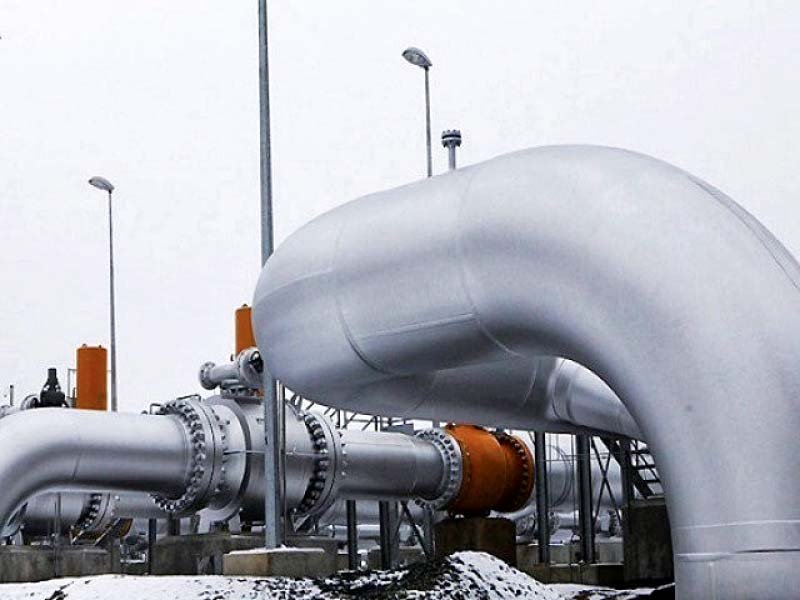
The Securities and Exchange Commission of Pakistan (SECP) had earlier said that SSGC would be required to book an accumulated loss of Rs36 billion split equally over two years - from 2015-16 to 2016-17. While SSGC recorded the Rs18-billion impact in 2015-16, it was left with a meagre amount of equity, stated the management. Keeping in view the situation, the management is seeking to distribute the Rs18-billion loss over five years, arguing that it would be a huge financial hit to book it in one go.
A senior official of SSGC told The Express Tribune that Rs36 billion in losses accumulated after the UFG benchmark was lowered from 7% to 4.5% by the regulator.
He said the financial position of the company would improve in the coming years as the Oil and Gas Regulatory Authority (Ogra) was likely to allow higher losses, keeping in view the study conducted by the regulator. He further said that SSGC was also working on LNG pipelines, which would also guarantee a rate of return of 17%.
The regulator is already facing pressure to burden the gas consumers with Rs 18 billion on account of gas theft to make past years adjustments in financial accounts of sui companies.
The Petroleum Division wants the regulator to increase the benchmark of the Unaccounted for Gas (UFG) to 7.6% from financial years 2012-13 to 2016-17 in line with the study conducted by the consultant that was hired by the regulator.
He said the Petroleum Division had argued that objective of the UFG study was not only to provide a realistic benchmark, in line with efficiency, but also address past adjustments and provisional determinations of disallowances. Ogra had set the benchmarks and disallowances from financial years 201-13 till 2016-17 provisionally since no independent expert opinion was available at the time.
The Petroleum Division proposed that Ogra may finalise the provisional benchmarks set from financial year 2012-13 to 2016-17 in line with the recommendations of the UFG study, which included a 5% fixed benchmark of UFG plus 2.6% for local conditions in order to enable gas companies to continue their operations.
The UFG study was completed in August 2017. The study recommended that for prior years the authority may issue directives to close the provisional final revenue requirements (FRRs) by evaluating the sui companies, and their performance against the proposed key monitoring indicators (KMIs). FRR for financial year 2017 may also be evaluated based on the prevailing criteria.
The companies requested Ogra to decide the provisionally decided UFG benchmarks of previous financial years but the regulator argues that KMI-based assessment, which relies on past numbers, cannot be made in the current year. It also said that it would not be practicable to assess the performance of sui companies on study recommendations with a retrospective effect.
Published in The Express Tribune, April 11th, 2018.
Like Business on Facebook, follow @TribuneBiz on Twitter to stay informed and join in the conversation.





1719053250-0/BeFunky-collage-(5)1719053250-0-270x192.webp)











COMMENTS
Comments are moderated and generally will be posted if they are on-topic and not abusive.
For more information, please see our Comments FAQ